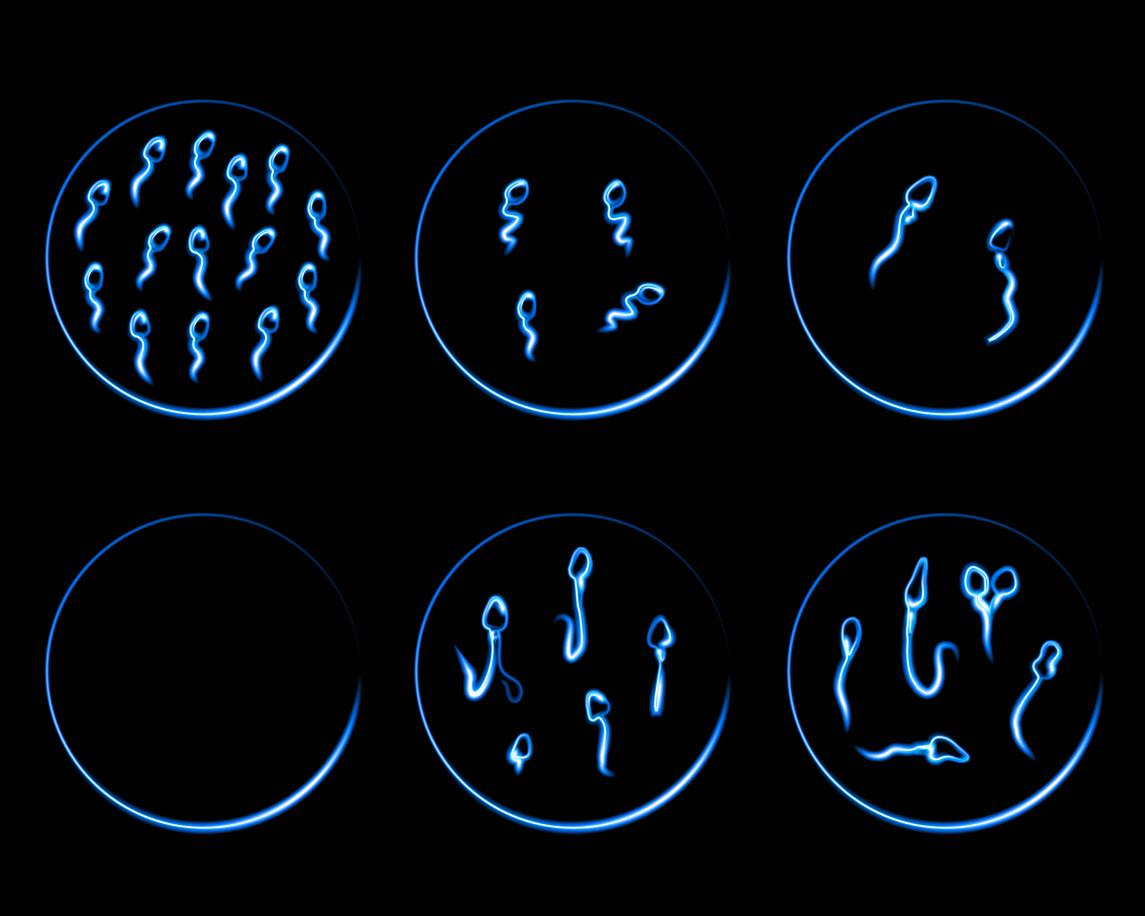The negative influence of stress on a fetus during pregnancy is beyond doubt, and the nuclear disaster that the residents of Fukushima experienced in March 2011 certainly left its mark. But researchers at the University of Berkeley in the United States have looked at a more curious consequence: a decline in the births of boys. Since the earthquake and nuclear accident that hit the Japanese region, the number of newborn boys has fallen by 2.2%, reveal the researchers in a study published by the journal American Journal of Human Biology.
Among the pregnancies that were declared before the accident, 2,828 of them never resulted in a birth. Experts make it clear that the risks of complications and miscarriages increase in women who experience a particularly high dose of stress during the first 24 weeks of pregnancy.
Indeed, stress would affect the health of the fetus, especially when it is a boy, because it grows faster and needs more energy. While expectant little girls tend to adjust and decrease their energy demands, the male fetus is more likely to die prematurely. The mother-to-be’s body could also cause a miscarriage to prevent too much fatigue to bear.


















